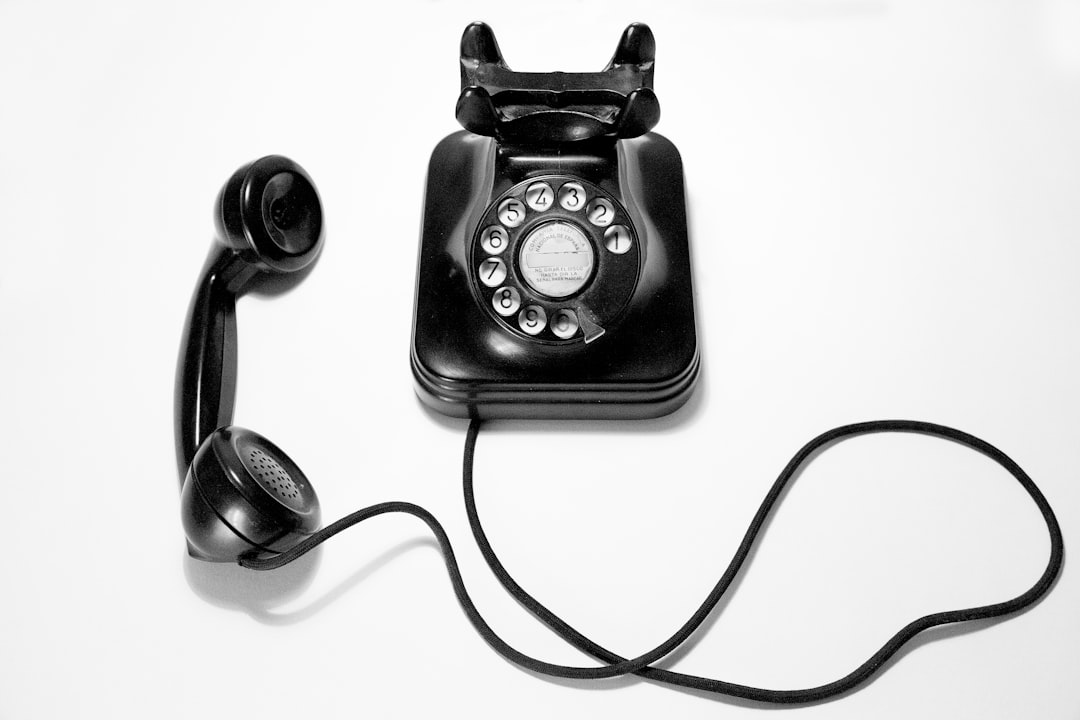Robocalls are a common but frustrating issue for Virginians, prompting legal protections under the Telephone Consumer Protection Act (TCPA). Mount Jackson, VA, has taken action by releasing policies to educate residents and curb intrusive telemarketing. Citizens can register with the National Do Not Call Registry, report excessive calls, and potentially sue for damages under Virginia law if consent isn't given. Proactive measures from local governments like Mount Jackson aim to reduce robocalls and empower residents to protect their privacy. Consulting a consumer protection attorney is recommended when considering legal action regarding unwanted robocalls in Virginia.
In an era dominated by relentless phone calls, Mount Jackson Town Office has taken a proactive step towards consumer protection with its new Phone Protection Policies. With a focus on mitigating robocalls and regulating telemarketing practices, these policies aim to safeguard residents from unwanted and illegal phone activities. This article explores Virginia’s legal implications regarding robocalls, the town’s regulatory approach, key policy provisions, resident rights, and effective strategies for combating unwanted calls, including the possibility of taking legal action in cases of persistent robocalls in Virginia.
Understanding Robocalls and Their Legal Implications in Virginia

Robocalls, or automated telephone calls, have become a ubiquitous part of modern communication—but not always for the better. Many Virginia residents are frustrated by unsolicited robocalls, which often fall into the category of telemarketing or political messaging. Understanding the legal implications of these calls is essential, especially with regard to consumer protection laws. In Virginia, the Telephone Consumer Protection Act (TCPA) prohibits certain types of automated dialing systems from contacting phone numbers on the Do Not Call list without prior express consent.
If you’ve received unwanted robocalls, you may wonder: Can I sue for robocalls in Virginia? The TCPA allows individuals to take legal action against companies that violate its provisions, seeking damages and injunctive relief. This means if a business has called your number using an automated system without your consent, you might have grounds to file a complaint and seek compensation for any harassment or financial loss suffered.
Mount Jackson's Approach to Regulating Telemarketing Practices

Mount Jackson, Virginia, has taken a proactive step towards protecting its residents from intrusive telemarketing practices with the recent release of new policies by the Mount Jackson Town Office. The town aims to curb the growing issue of robocalls and unwanted marketing calls, which have become a common nuisance for many Virginians.
The town’s approach focuses on educating residents about their rights and empowering them to take action against excessive telemarketing. By implementing these policies, Mount Jackson encourages businesses to respect privacy and follow ethical marketing guidelines. This includes measures to prevent robocalls, ensuring that automated calls are only made with prior consent. Residents can now report excessive or unwanted calls, and the town plans to collaborate with local law enforcement to investigate potential violations of Virginia’s consumer protection laws, including actions related to Can I Sue For Robocalls in Virginia.
Key Provisions of the Town Office's Phone Protection Policies

The Mount Jackson Town Office has implemented comprehensive phone protection policies to combat unwanted calls, including robocalls, which have become a growing concern for residents in Virginia and across the nation. These policies outline clear guidelines on how citizens can safeguard their privacy and take action against pervasive automated telemarketing calls.
One of the key provisions emphasizes the right of residents to place restrictions on their phone numbers to prevent unsolicited calls from robocallers. The town office encourages citizens to register their landline or mobile numbers with the National Do Not Call Registry, a federal database that limits marketing calls. Additionally, they offer guidance on identifying and blocking specific types of calls, such as those labeled as spam or scam attempts, ensuring residents are not misled by deceptive phone tactics.
Your Rights as a Resident: Can You Take Legal Action?

As a resident of Mount Jackson, Virginia, you have rights when it comes to unwanted phone calls, especially robocalls. The Telephone Consumer Protection Act (TCPA) is a federal law designed to protect consumers from certain types of telemarketing practices, including automated or prerecorded voice messages. If your phone has been repeatedly bombarded by robocalls, you may be able to take legal action.
If you believe that a business or organization has violated the TCPA by calling you with prerecorded messages without your prior consent, you have the right to file a complaint with the Federal Trade Commission (FTC) or pursue legal action in court. While suing for robocalls can be a complex process, Virginia law supports consumers’ rights to seek damages for nuisance and invasion of privacy caused by unauthorized phone calls. It’s advisable to consult an attorney specializing in consumer protection laws to understand your specific rights and options regarding Can I Sue For Robocalls Virginia.
Effective Strategies for Protecting Yourself from Unwanted Calls

Many unwanted calls, especially robocalls, have become a prevalent issue in today’s digital age. Mount Jackson Town Office has taken proactive steps to address this problem by implementing policies for phone protection. One effective strategy is to register your number on the National Do Not Call Registry. This federal list prevents telemarketers from calling you without prior consent. Additionally, utilizing call-blocking apps and features offered by your service provider can significantly reduce unwanted calls.
If you’re facing persistent robocalls, understanding legal options is crucial. In Virginia, for instance, there are laws protecting residents from certain types of nuisance calls, including robocalls. While suing for robocalls might seem extreme, knowing your rights and exploring legal remedies can empower individuals to take action against intrusive phone activities.






